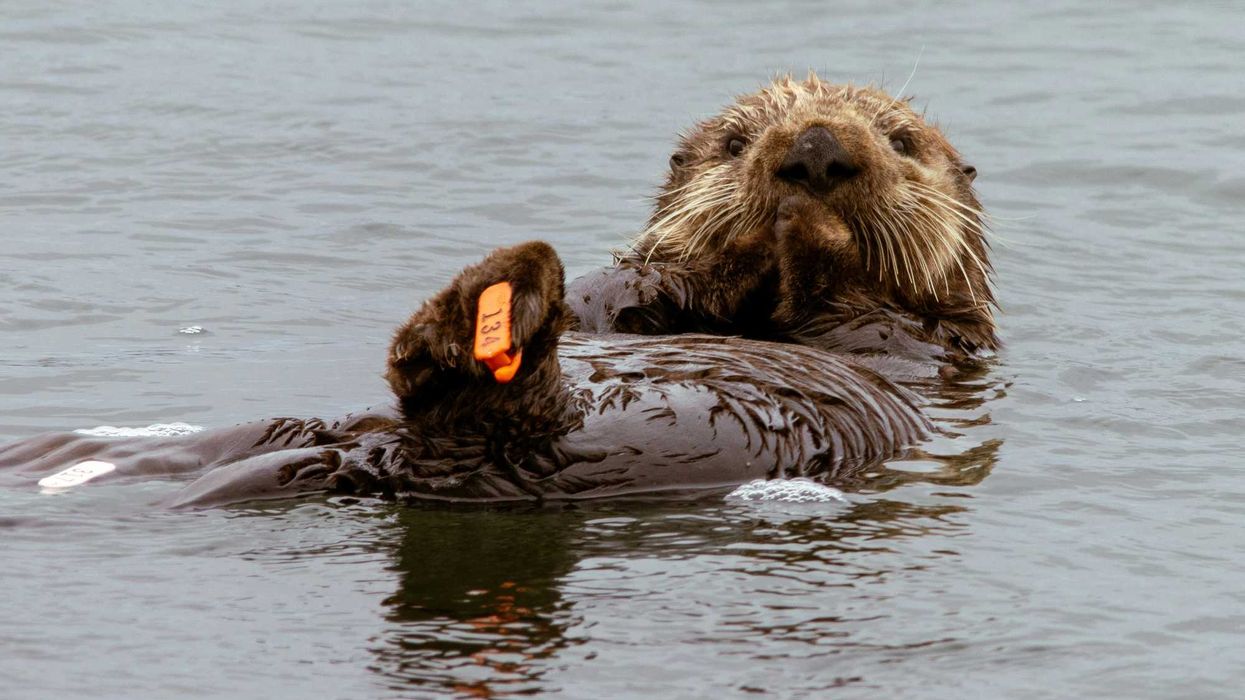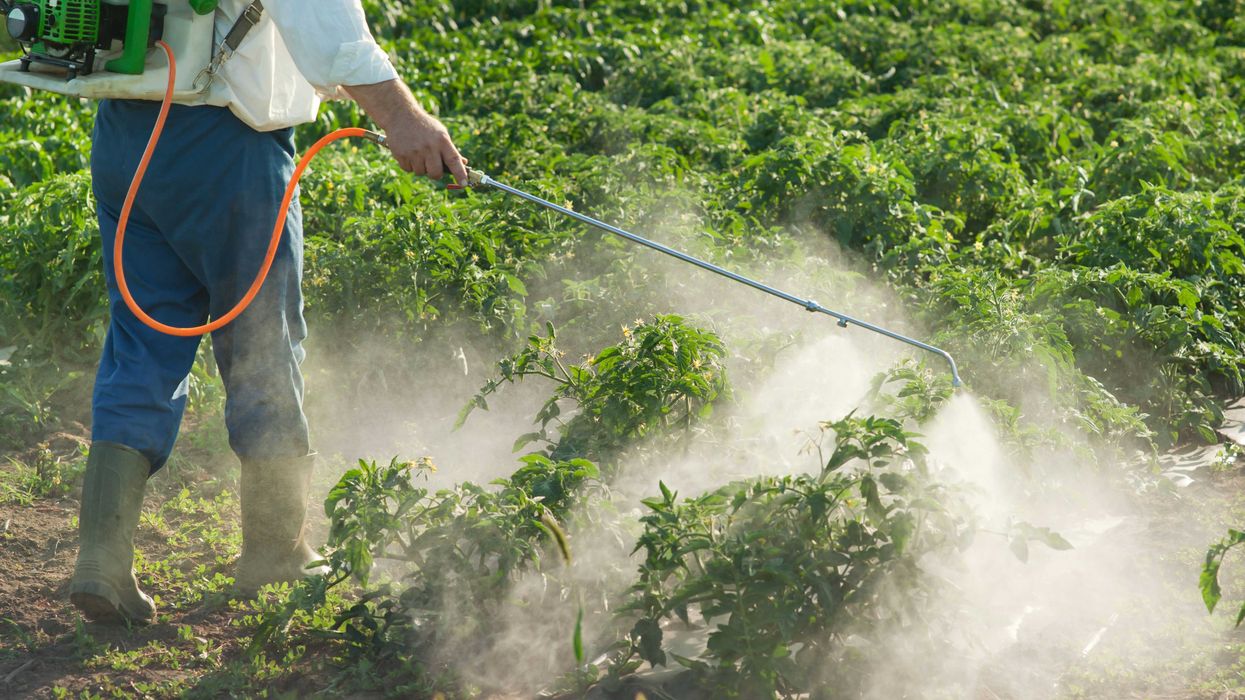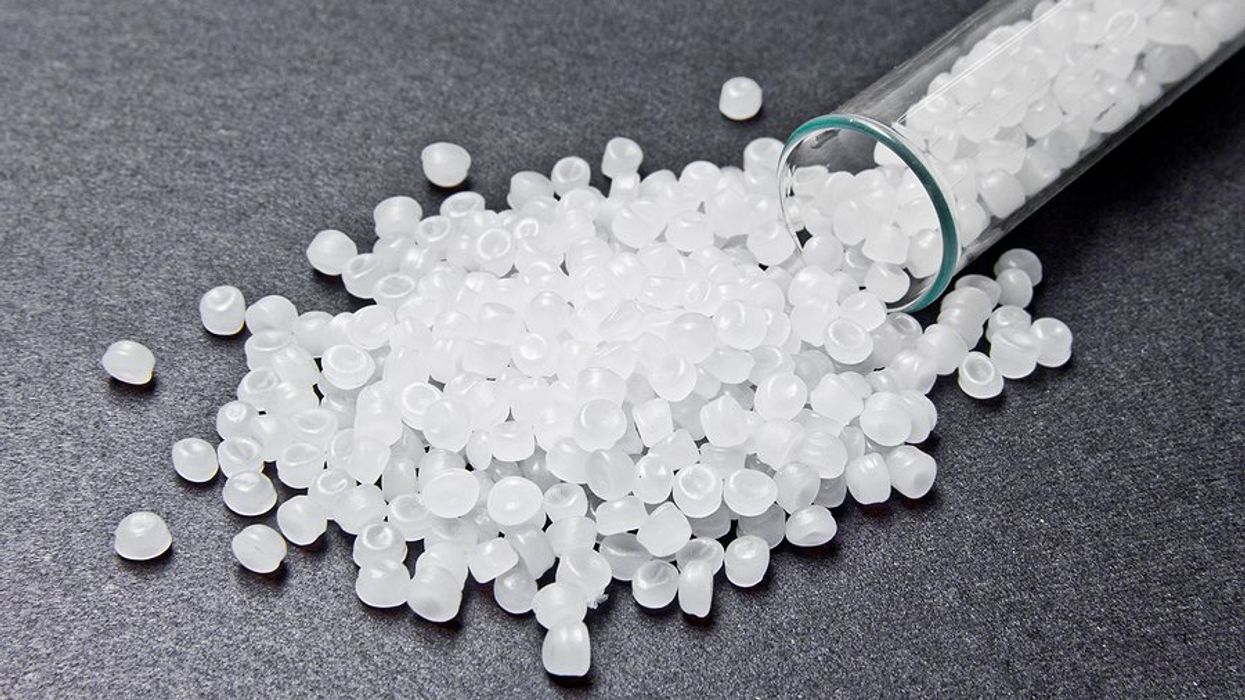The U.S. Centers for Disease Control and Prevention is laying off thousands of public health workers in a move experts warn will cost lives, especially in vulnerable communities.
Leah Feiger, Makena Kelly, and Kate Knibbs report for Wired.
In short:
- In a sweeping reduction tied to a Trump-era executive order, thousands of CDC employees were abruptly notified of job cuts affecting critical divisions, including environmental health, lead poisoning, occupational safety and health, and HIV prevention.
- Many programs — like those tracking air quality, distributing HIV tests, or preventing childhood lead exposure — are being dismantled with no transition plan, hitting both red and blue states.
- Experts say these cuts will severely harm health outcomes, especially in low-income, rural, and Black communities that rely heavily on federally funded public health services.
Key quote:
“We’re going to have patients die. Unnecessary, preventable death.”
— Jade Pagkas-Bather, infectious disease doctor at the University of Chicago
Why this matters:
Of particular note: Wired reports that the center director of the Division of Environmental Health Science and Practice stated the division is slated for "elimination." The division includes the Asthma and Air Quality Branch, the Climate and Health Activity, the Emerging Environmental Hazards and Health Effects Branch, the Environmental Public Health Tracking Branch, the Lead Poisoning Prevention and Surveillance Branch, and the Water, Food, and Environmental Health Services Branch.
The CDC layoffs weren’t redundant desk jobs — these were the people who kept tabs on invisible threats, from the lead in kids' drinking water to the toxic air hanging over factory towns. And they’re walking out of the building as preventable diseases creep back in.
Read more:














